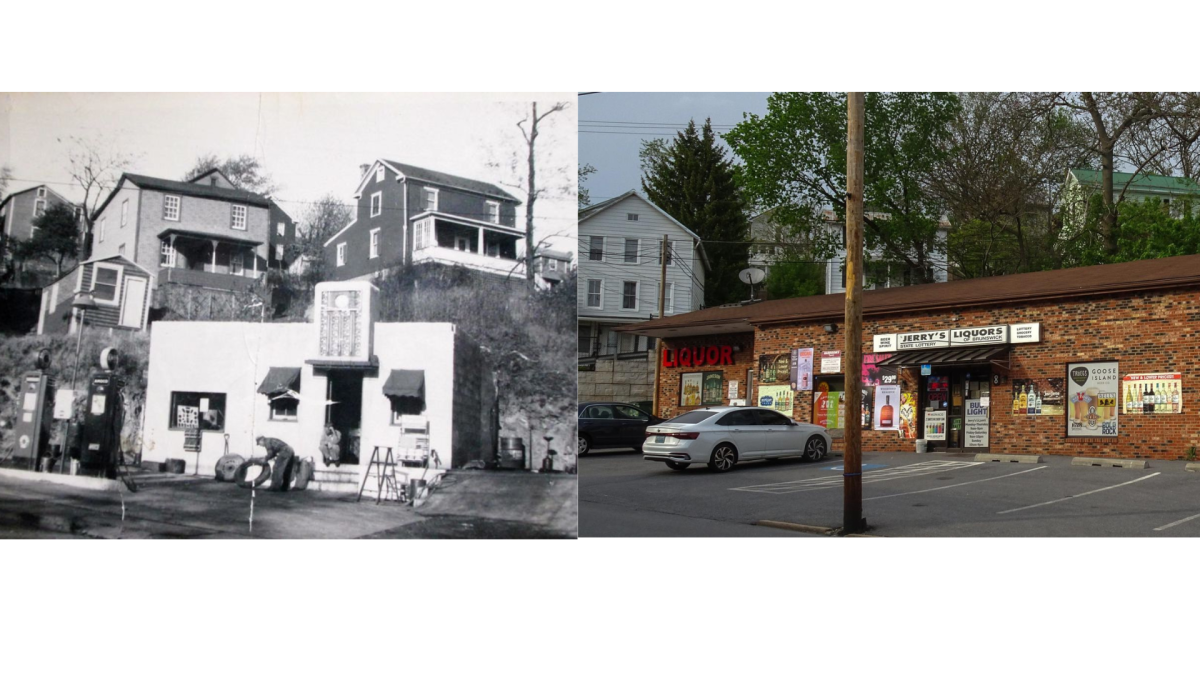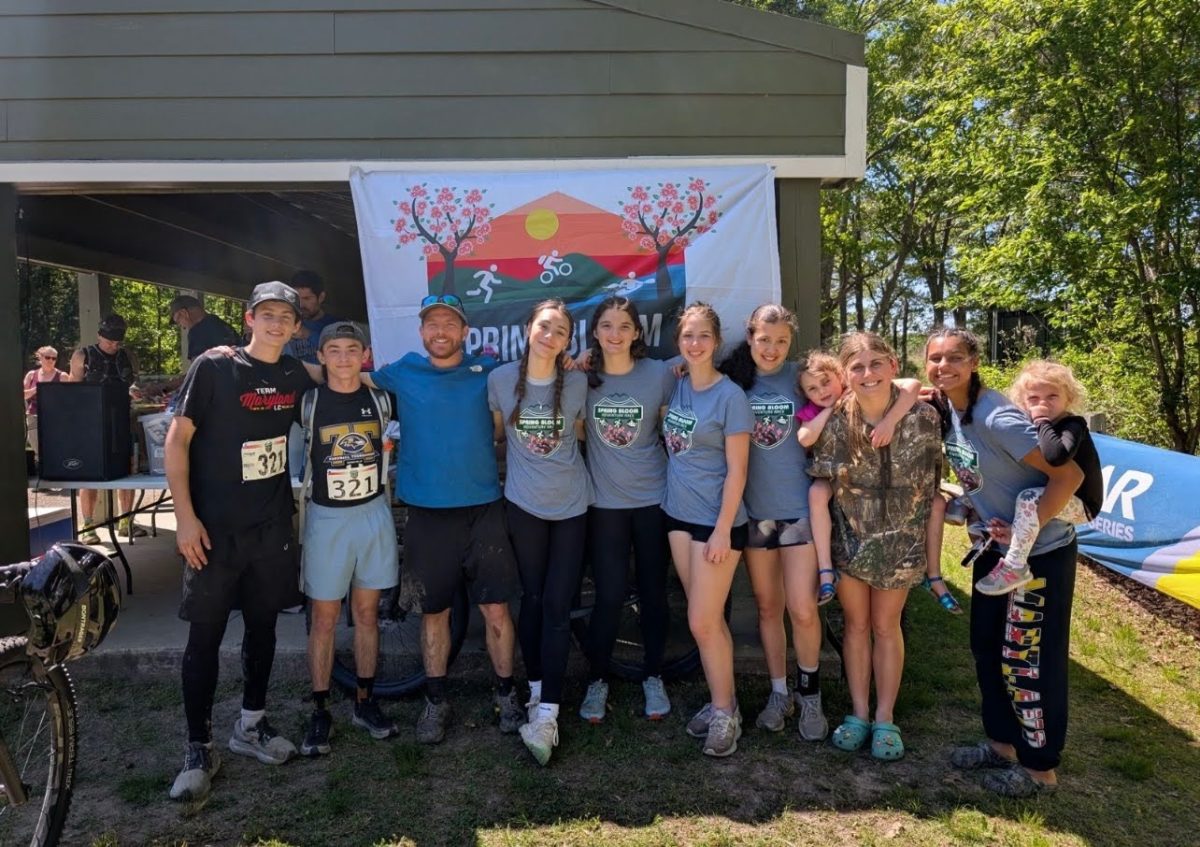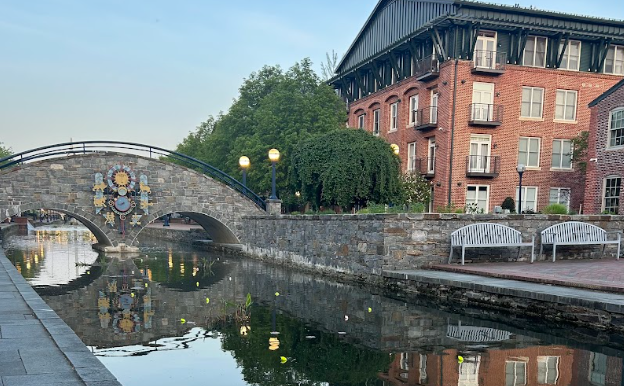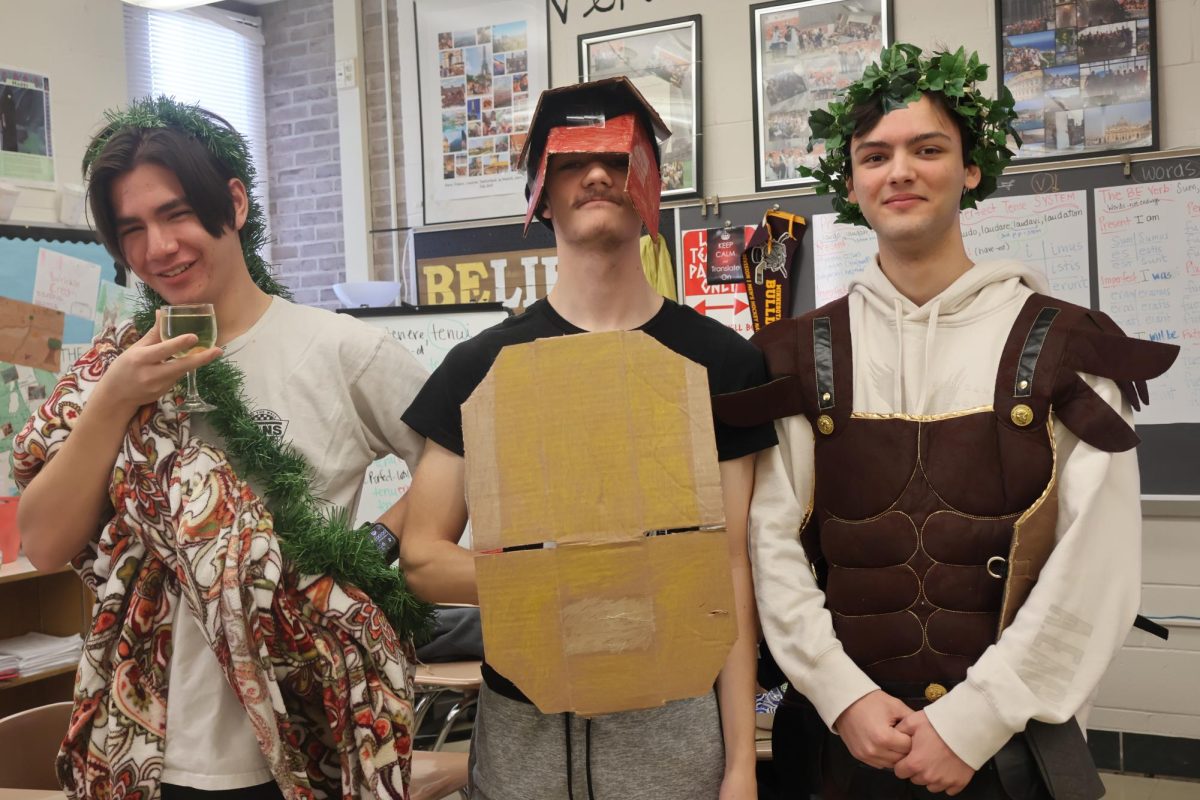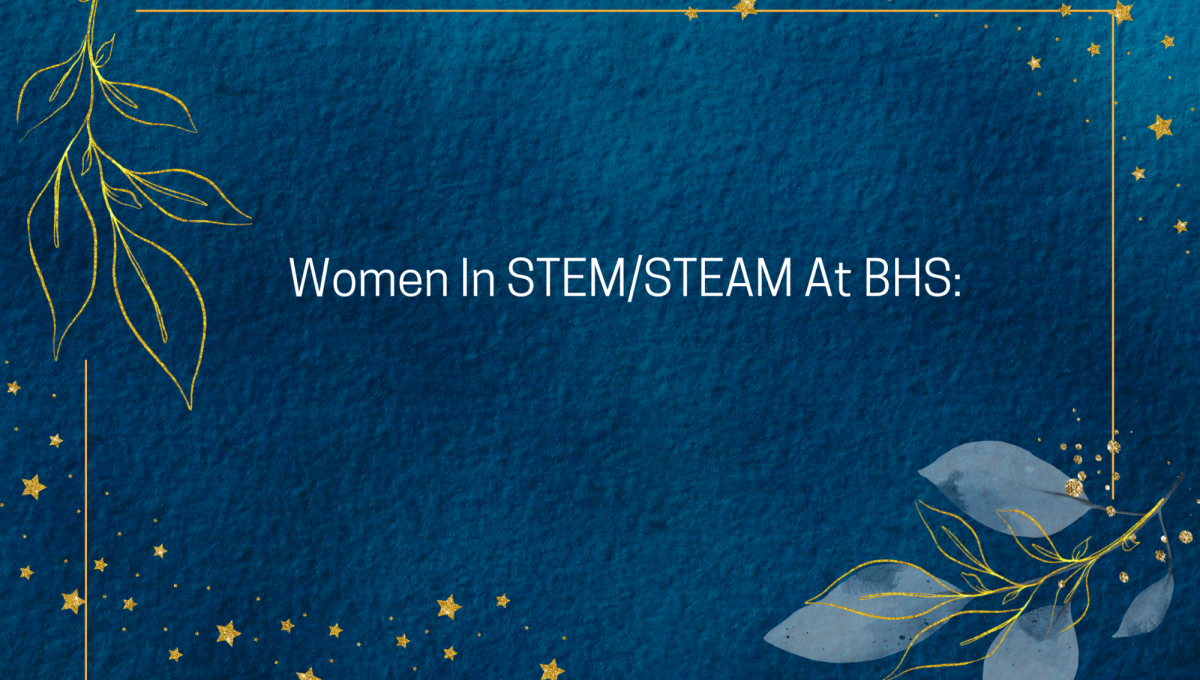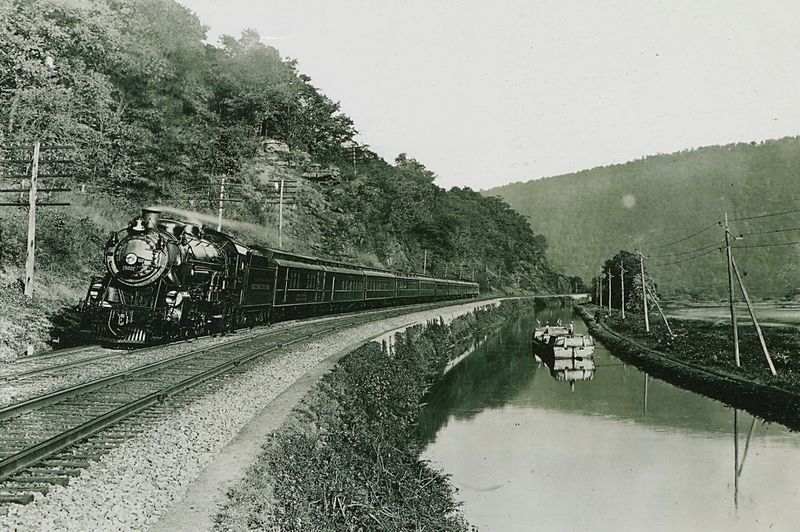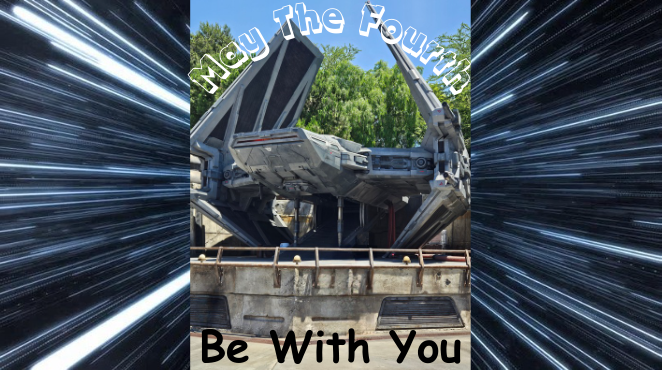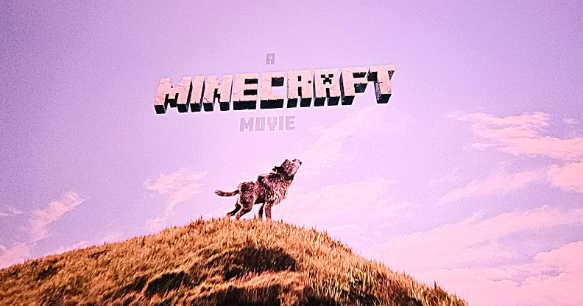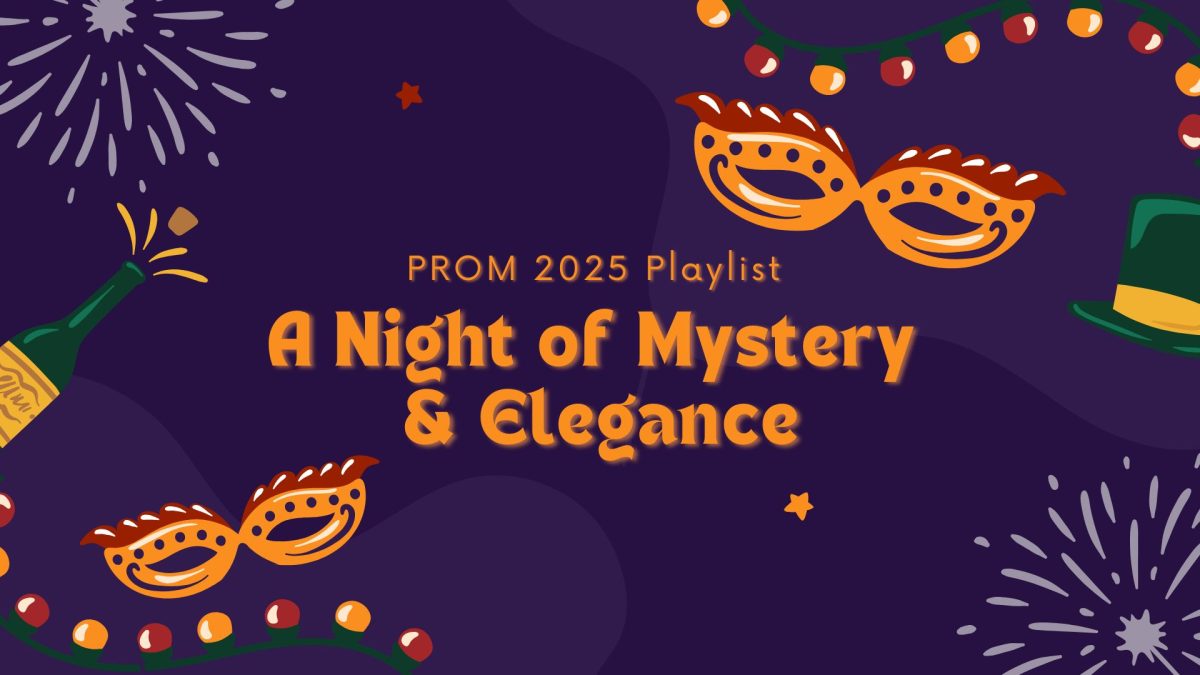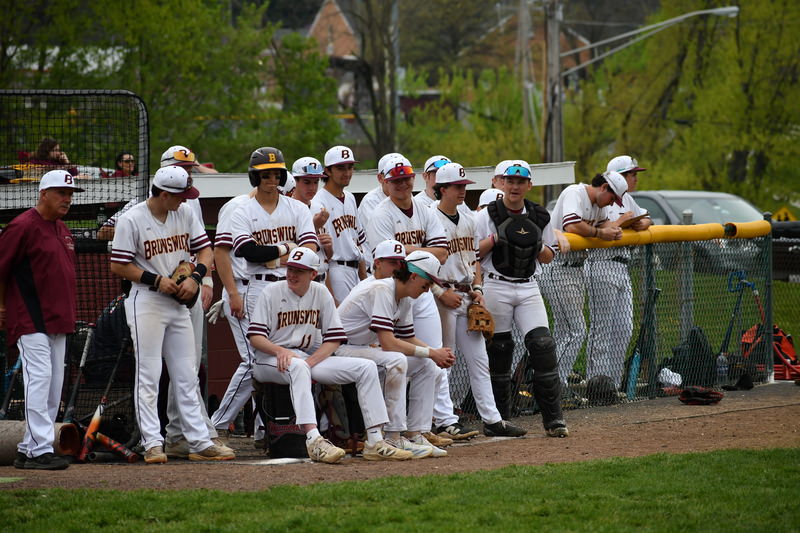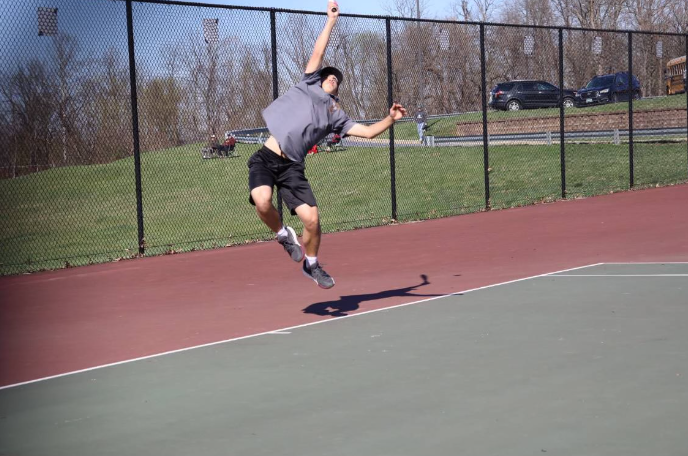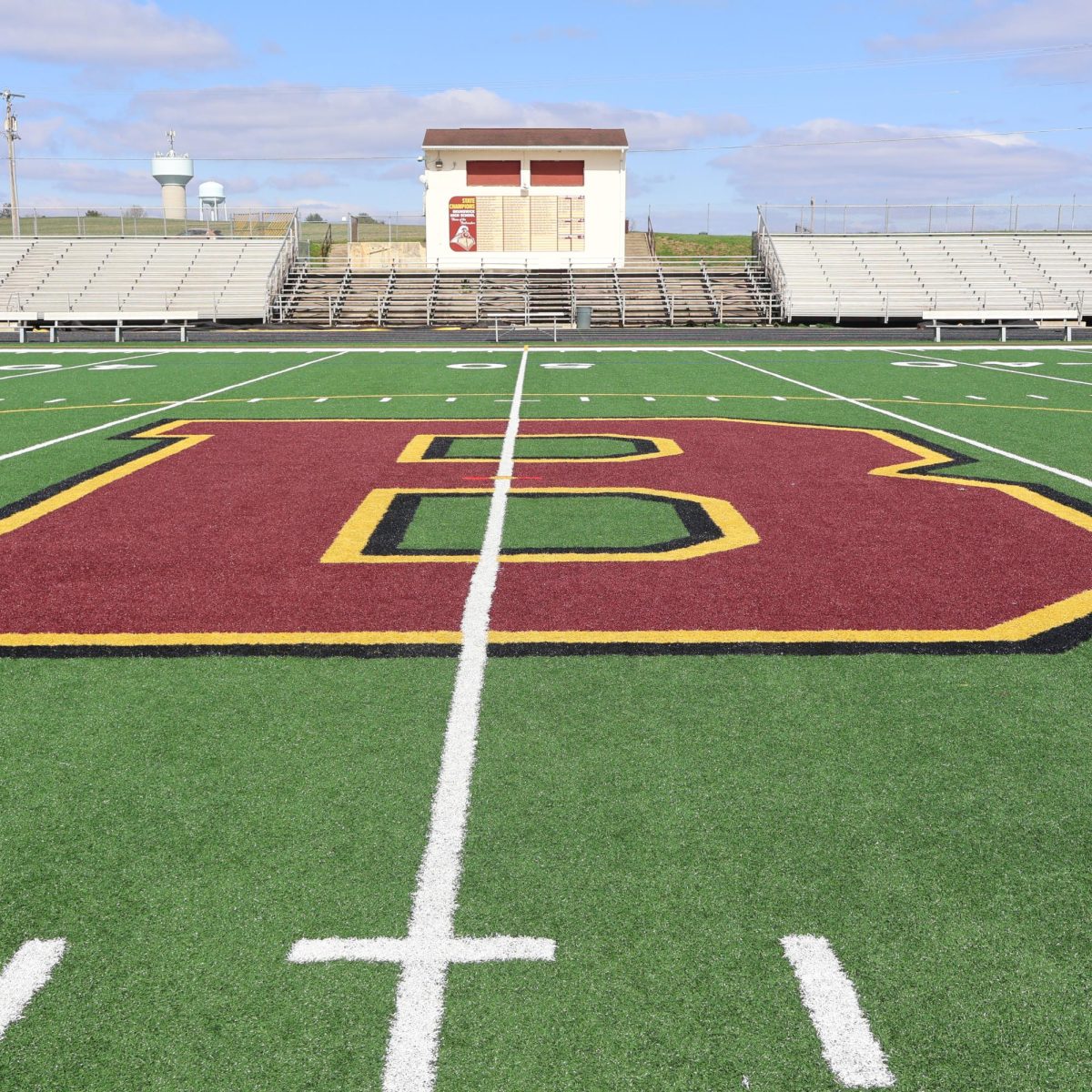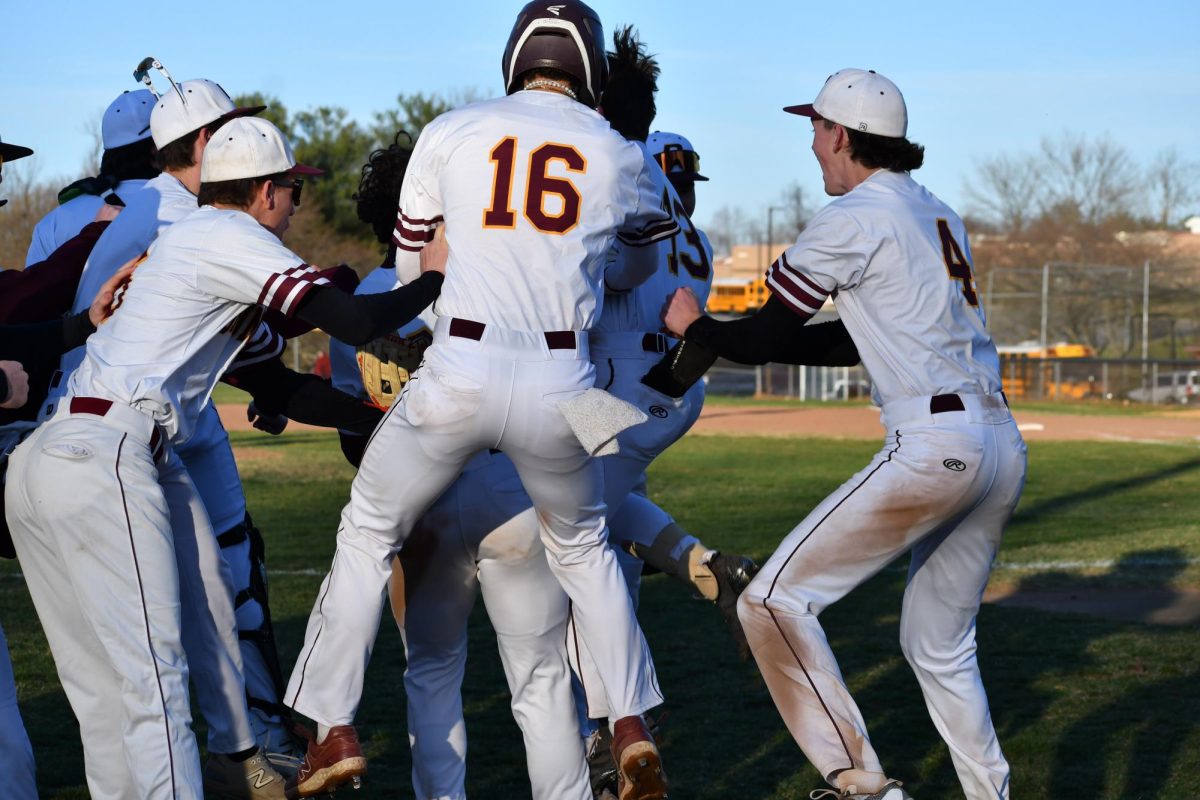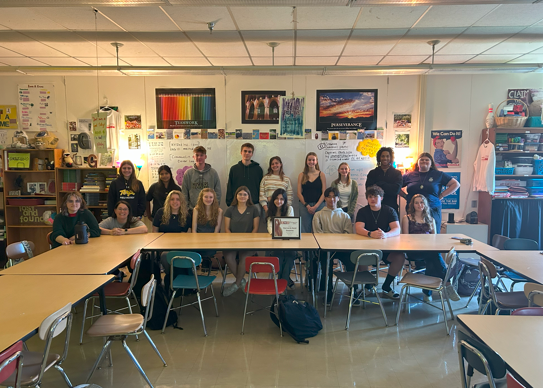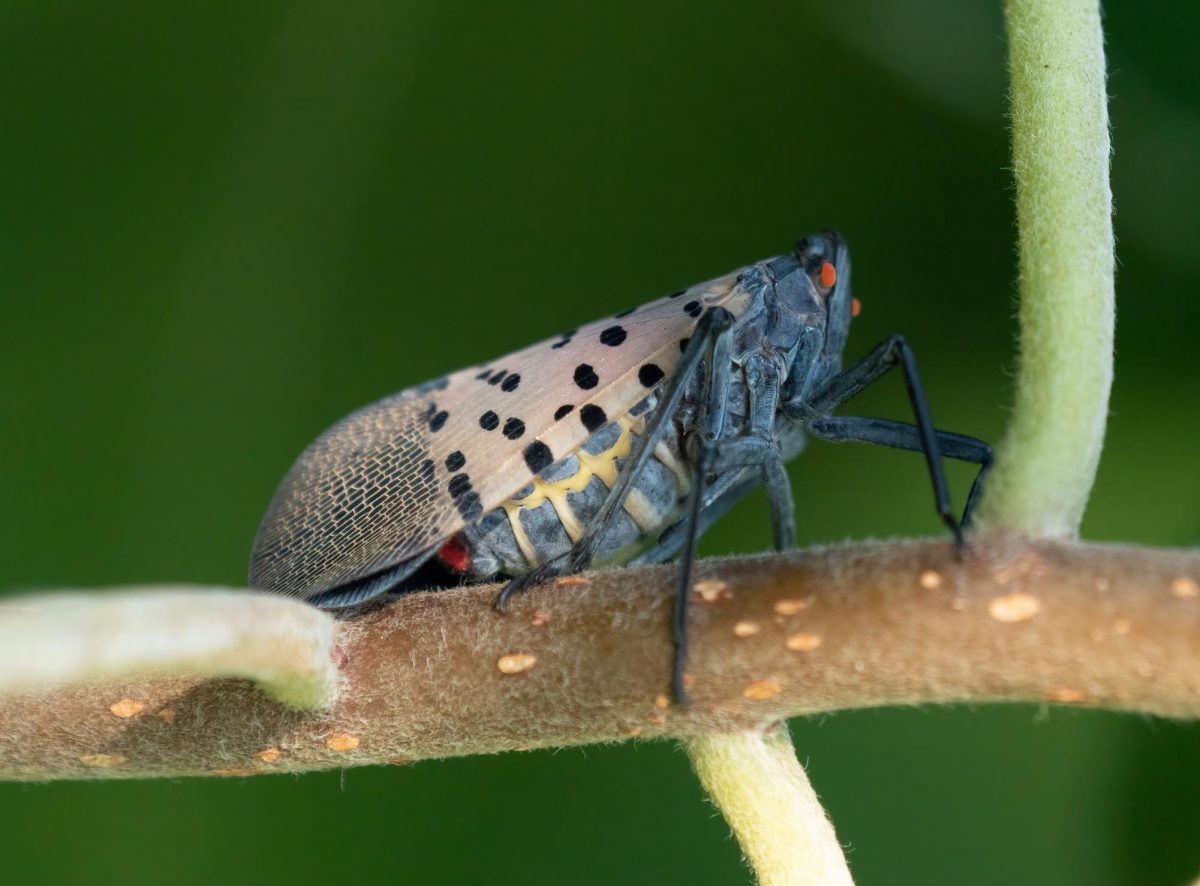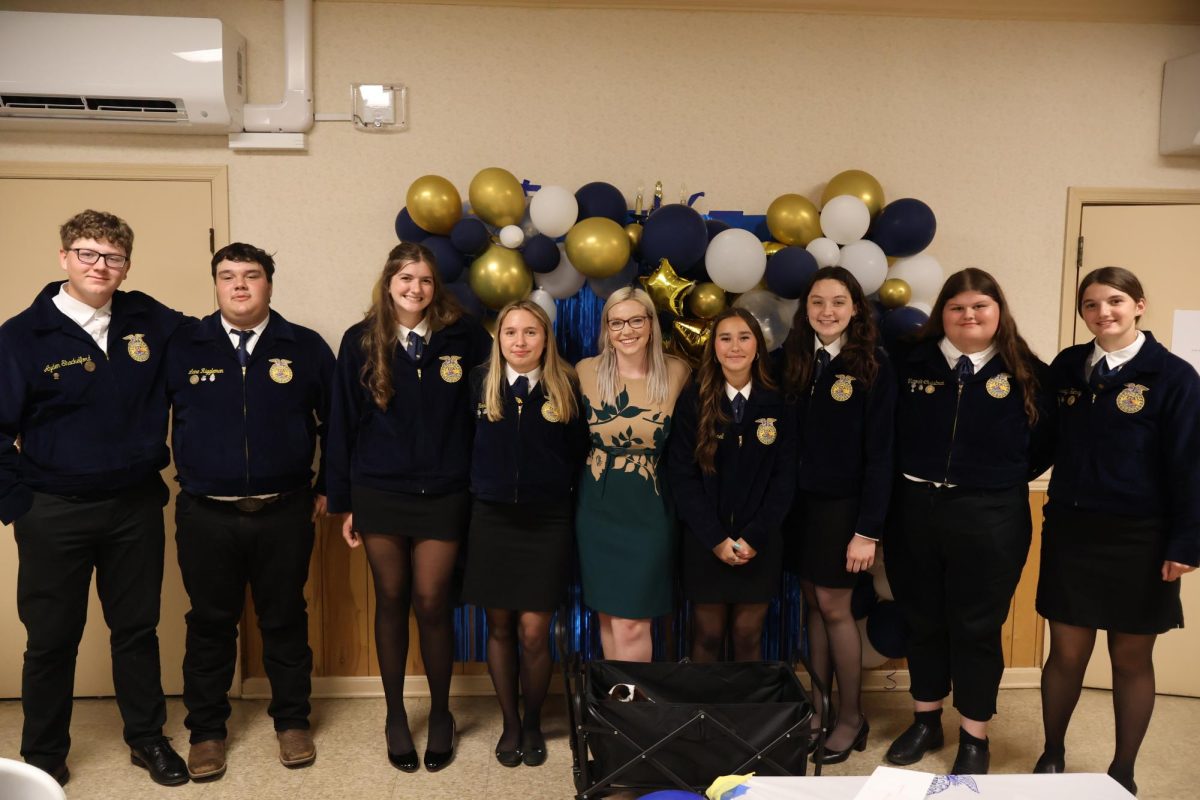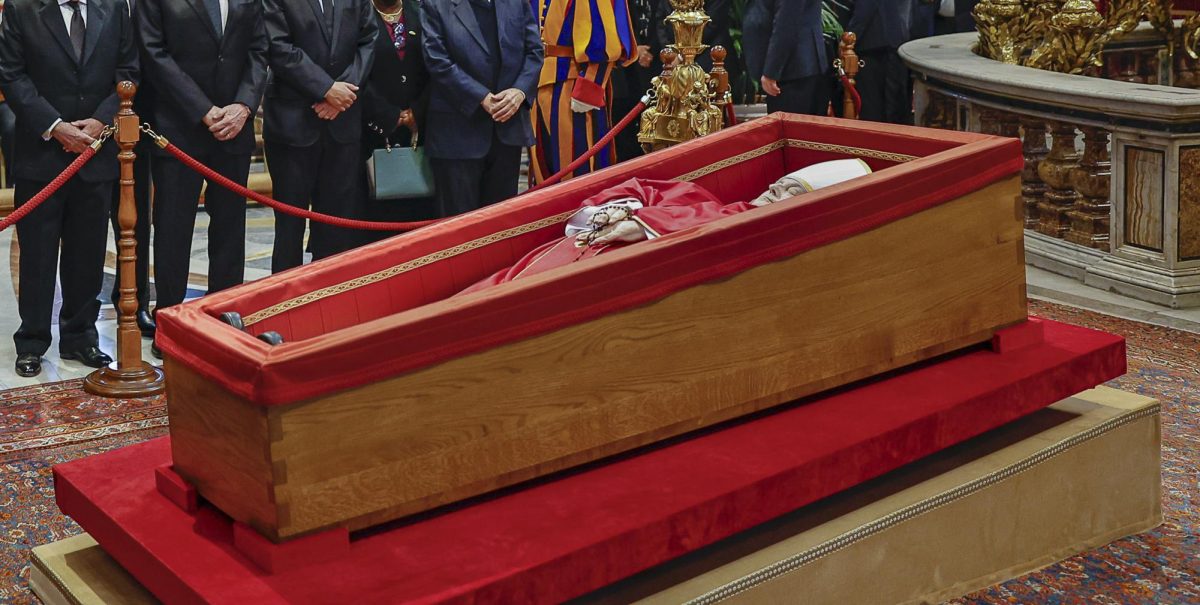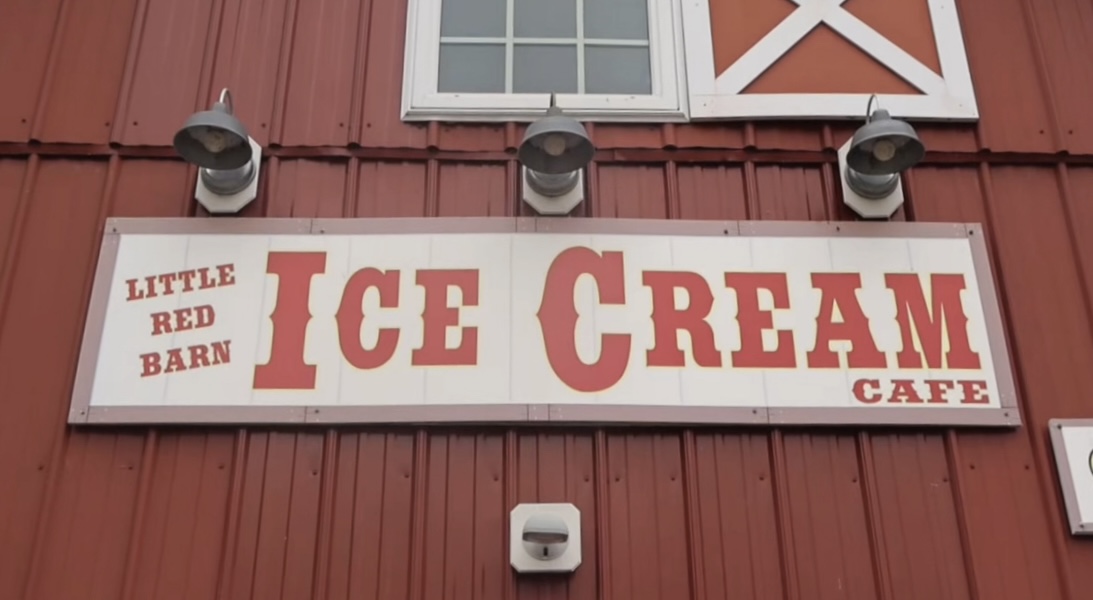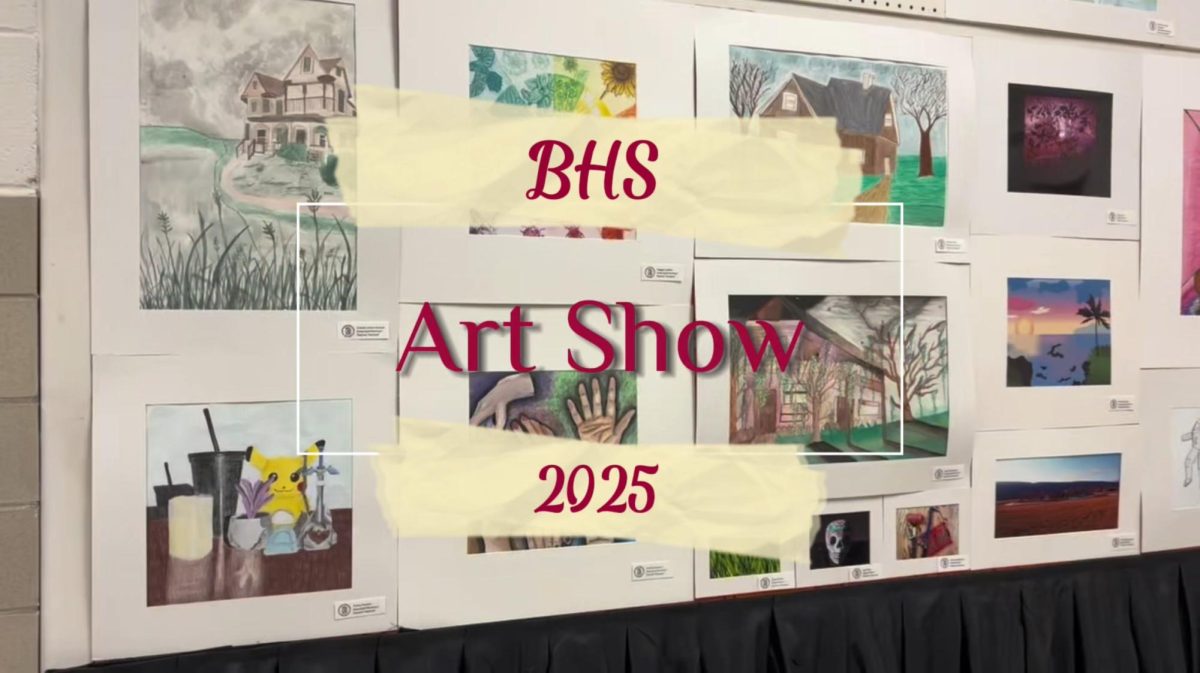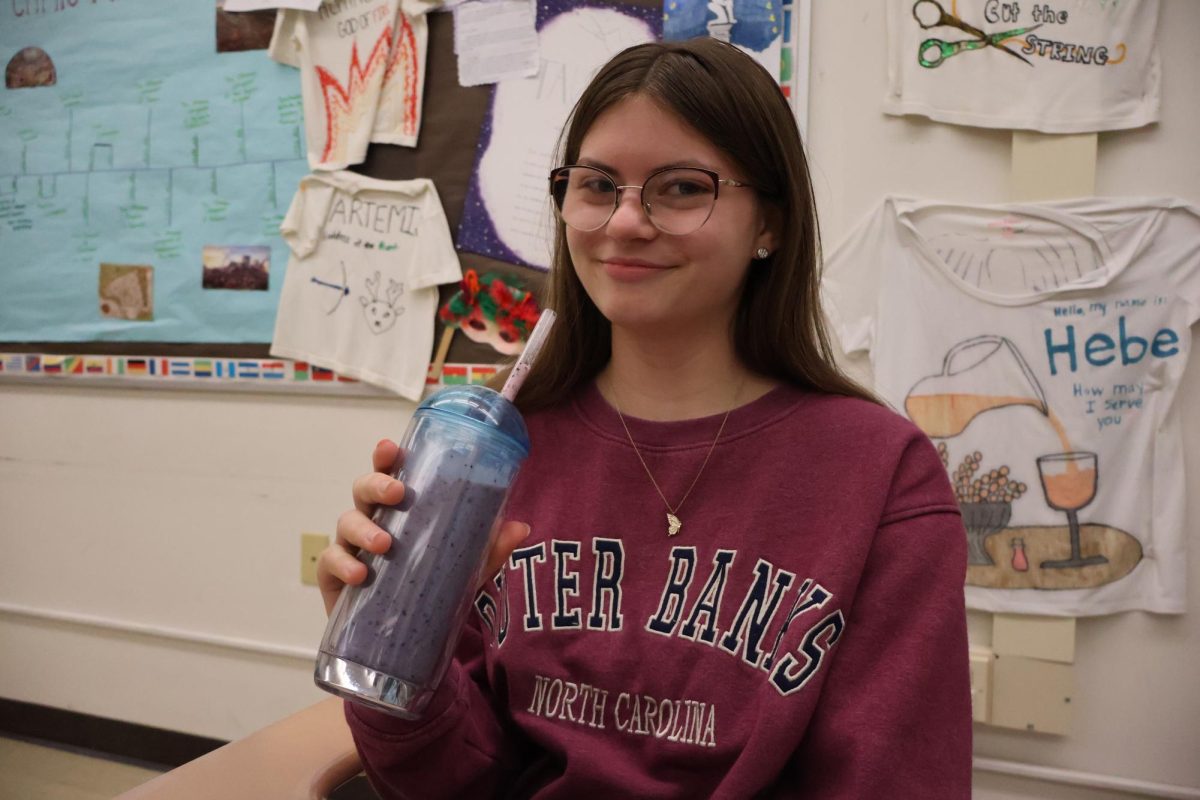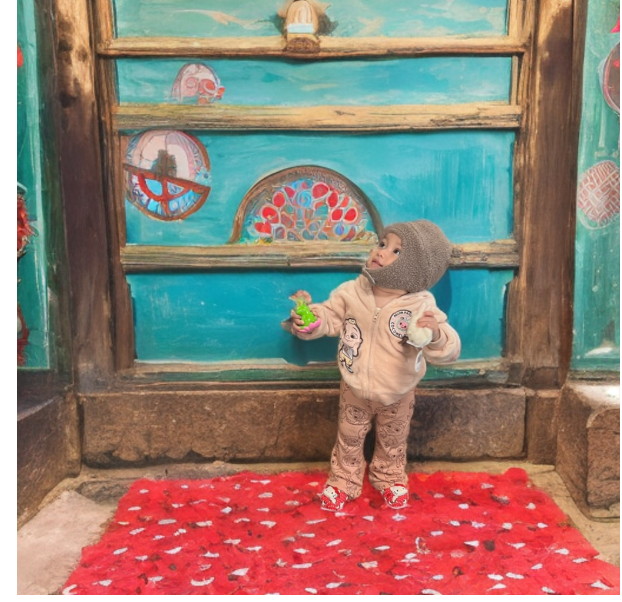Evolution Of Grunge
Grunge Evolution

Today we will be discussing the evolution of grunge. Also we will be diving deep on its influences and how it got pulled into the mainstream through out the 90s.
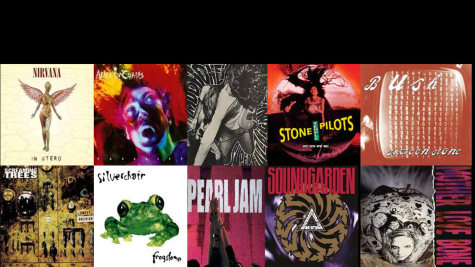
Throughout the 80s bands like skid row, Styx and Guns N Roses dominated the music scene.
However people started to want a change in music towards the late 80s. People felt that the old school “hair metal” did not represent themselves good anymore. People wanted a change.
Then came GRUNGE. Grunge grew up on Heavy Metal, Punk, and Hardcore, drawing on elements of each to define its sound. The resulting aesthetic combined the droning, distorted guitar tones of Metal with punk attitude and music for the troubled, music for the less fourniate or depressed.
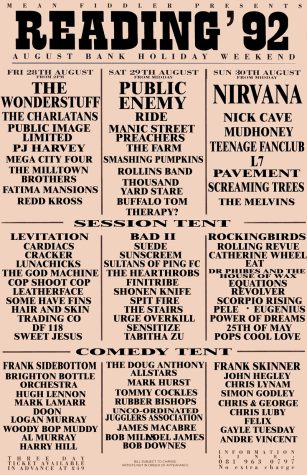
The culture consisted of ripped up jeans and flannel shirts, “dirty” guitar, strong riffs, and heavy drumming. The “dirty” sound results primarily from the common use of heavy guitar distortion, fuzz and feedback. Grunge bands rejected the complex high budget presentations that bands from other musical genres presented themselves with such as pyro effects or extreme advanced stage lights. They presented themselves as your local underground beer bar band.
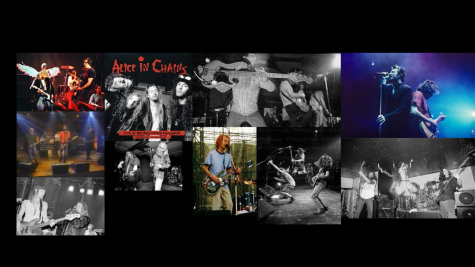
With albums such as superfuzz bigmuff, sweet oblivion, facelift, frogstomp and never mind as well as many more, grunge would finally be on the rise with smells like teen spirit being an anthem of the 90s and Nirvana selling over 75 million records across the world. Sub pop would also be a booming record label along with all these other things happening due to their major support and investment in the grunge era.
Overall the grunge attitude and lifestyle was unhealthy with drugs and self harm running rampant throughout all the bands which ended up ending the massive grunge movement.
But still to this day even though grunge isn’t in the mainstream anymore. Many people still take inspiration from these bands. Many people still stream grunge bands online still to this day. It’s also influenced a new way you could write music which benefited many bands in the scene of the 2000s.
Your donation will support the student journalists of Brunswick High School. Your contribution will allow us to purchase equipment. Our goal is to purchase some updated and much needed cameras for the program.

